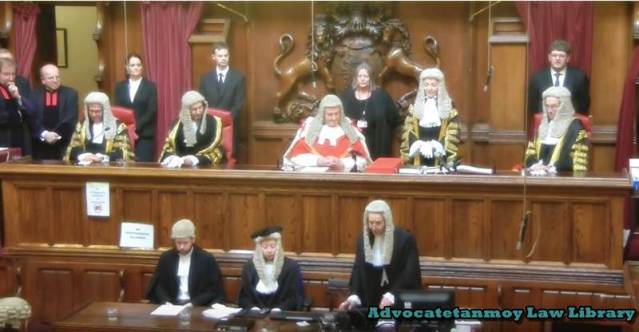By Ashley Young-
Ethnic minority graduates are almost half as likely to secure pupillage as their white counterparts – even when their undergraduate degrees and bar course grades are identical.
A study by the Bar Standards Board found that students from minority ethnic backgrounds who enrolled on the bar course between 2014 and 2018 were less likely to have commenced pupillage than those from white backgrounds. When making the comparison, the regulator controlled variables such as degree class and Bar Professional Training Course (BPTC) grades.
The study found that of UK/EU domiciled BPTC graduates with a 2.1 degree and ‘very competent’ BPTC grade, 41% from white backgrounds have now commenced pupillage, compared with 23% of those from a minority ethnic background with the same degree class/BPTC grade. ‘The relative differences by ethnicity across degree class and BPTC grade are also present when further controlling for ranking of first degree institution,’ the regulator said.
Law graduates generally get grants of up to £60k for commercial chambers, but get less money from criminal chambers, around the range of £18,000. for the first six months, after which law graduates get paid and can afford their own costs
The shortcoming of the report can be seen in its failure to highlight the various potential reasons ethnic minorities are less likely to secure a pupillage. Disparities in wealth and background often affects the secondary schools parents send their children to. Parents who can afford to pay for private schools for their children are more likely to see their children in elite universities like Oxford university and Oxbridge University, which improves their chances of having a pupillage.
Children who attend private schools and are surrounded by children from wealthy homes are more likely to have higher aspirations than children who attend state schools. They can also benefit from better connections. Also children who live in sophisticated neighbourhoods are more likely to attend better state schools than those who do not. private schools schools also prep their pupils much better than state schools.
Race reports from the Equality and Human Rights statistics reveals that just 6 per cent of Black school leavers attended a Russell Group university, compared with 12 per cent of mixed and Asian school leavers and 11 per cent of White school leavers. This generally reflects on the quality of primary and secondary school education attended by black students, which often depends on family backgrounds, income, also parental attitudes. Race doesn’t feature much in these assessments, although may do in some cases when it comes to the geographical location of where people from different races live, and why they live there.
Black Caribbean and Mixed White/Black Caribbean children have rates of permanent exclusion about three times that of the pupil population as a whole. Reasons for exclusions sometimes have their root causes in racism, but other times are connected to bad behaviour rooted in being from single parent dysfunctional backgrounds, psychological issues in children which influence their very bad behaviour.
The report also found that Covid-19 has had a significant impact on the proportion of graduates of all ethnicities gaining pupillage. As of 31 March 2021, just 10% of 2019/20 BPTC graduates had commenced pupillage, compared with around 23% for the 2018/19 cohort as of 31 March 2020.
Chances of obtaining pupillage were slim even before the pandemic hit, however. Under 40% of UK and EU BPTC graduates who enrolled on the course between 2015 and 2019 had commenced pupillage as of March this year.
BSB director of strategy and policy Ewen MacLeod said: ‘This year’s report enables us to see clearly the impact which the health emergency had on those students starting a BPTC in 2019.’

